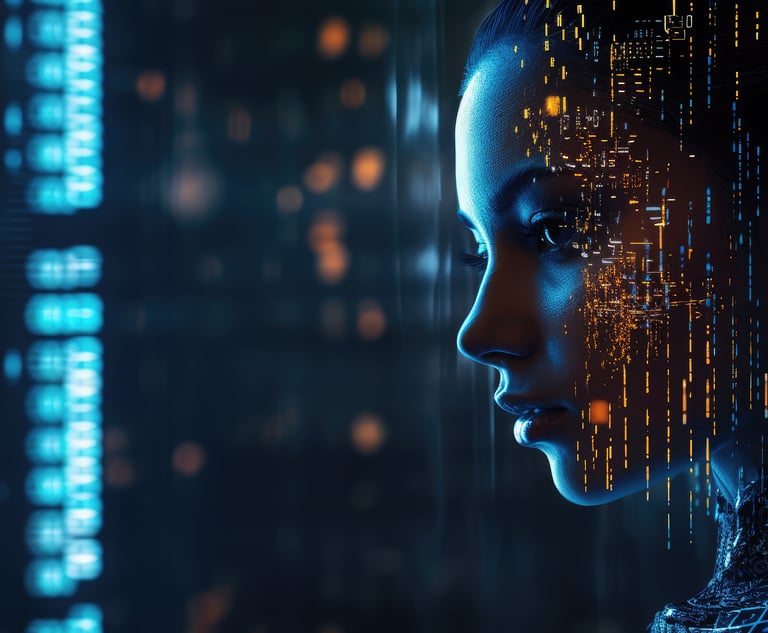Since the public release of ChatGPT on November 30, 2022, and a subsequent boon in attention following the upgrade to GPT-4 on March 14, 2023, generative artificial intelligence has captured individuals’ attention. Generative artificial intelligence refers to a type of artificial intelligence that is able to create content based on a user’s prompt by text. While large language model generative artificial intelligence may currently dominate the conversation, it is not the only type of widely available generative artificial intelligence. Other applications, such as OpenAI’s Dall-E, are able to create images based on a textual description entered by the user.
Employers are certainly taking note of the possible gains in efficiency and productivity that may be achieved in a wide range of workplace settings through the use of generative artificial intelligence tools. According to an April 2023 working paper published by the National Bureau of Economic Research, generative artificial intelligence increased worker productivity by an average of 14% when used as a conversational assistant by customer support agents. Perhaps, then, it is unsurprising that companies are beginning to seek employees with generative artificial intelligence skills and abilities. Indeed, an April 2023 ResumeBuilder.com survey of business leaders found 91% of respondents sought workers with ChatGPT experience. These tools are seemingly knocking on the door of the workplace, if they have not already entered it.


 Credit: FAMILY STOCK/Adobe Stock
Credit: FAMILY STOCK/Adobe Stock




